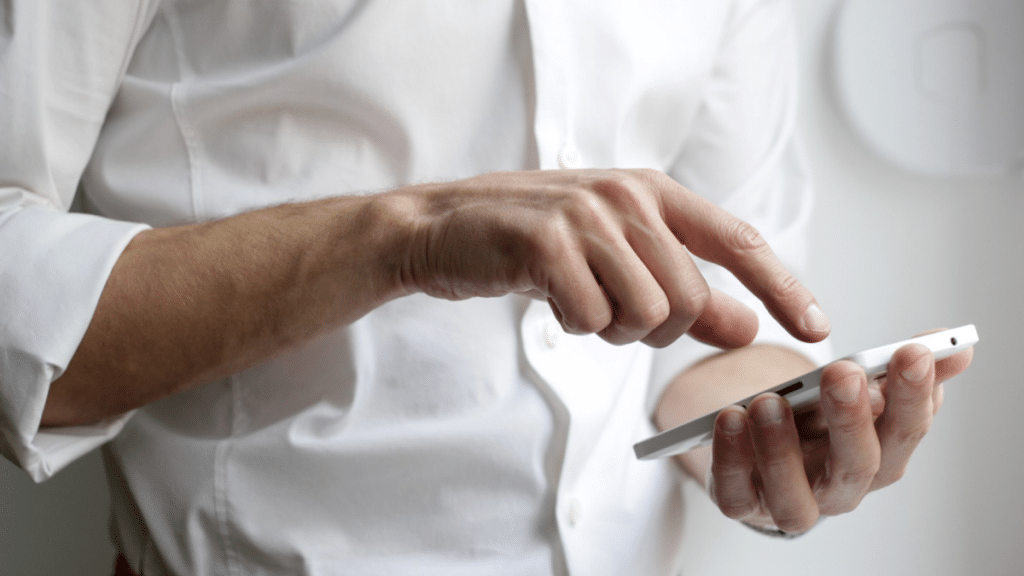If you’ve ever been approached to send money or make a purchase via Cash App, be wary! Many scams involve individuals not knowing the sender well or meeting in person; avoid sending or receiving cash through this app unless you know the individual well and have met them face-to-face.
Fraudsters are using various types of scams to target Cash App users daily. These include phishing attacks, fake security alerts and cash flipping schemes.
Fraudsters sell fake items
Cash app scams are increasingly being used by fraudsters to sell counterfeit items, from purebred puppies and apartments to tickets to sold-out concerts. While these tactics can be tricky to detect, the best way to protect yourself from them is always confirming that the person you’re dealing with has a verified account and that you are only sending money to people you know and trust.
Another type of scam involves selling counterfeit items on P2P platforms like Facebook Marketplace or OfferUp. These often include expensive items like tickets to sold-out shows and luxury goods.
These scams typically involve a person promising something in exchange for a certain amount of money, but once payment has been made to the scammer, they disappear without ever sending out the item promised.
Some victims are then approached by other scammers claiming they’ve won the same prize, but ask them for refunds of any cash sent to the first scammer. This practice, known as “cash flipping,” has become increasingly common due to the speedy nature of mobile money transfers.
Many people don’t realize that Cash App does not offer buyer protection, so if you’re uncertain about the person asking you to pay for an item through the app, don’t do it. This is especially true if sending cash to someone unknown.

Scammers ask you to “claim” a payment
Cash App enables users to send and receive money without using traditional credit or debit cards. Unfortunately, like any mobile payment system, it’s vulnerable to scams, meaning consumers could potentially lose a substantial amount of cash using it. You can click the link: https://www.lookout.com/blog/cash-app-scams for more information. It is important to be informed of the dangers of this app.
Fortunately, there are steps you can take to protect yourself from these scams. One of them is always changing your Cash App password and not using the same one across multiple online accounts.
An IT training expert says that scammers claiming to represent legitimate businesses or government agencies will never ask you for large sums of money upfront. They only require your personal information or payment before providing the product or service ordered.
However, if someone claims to be from your bank or government agency and attempts to pressure you into paying them immediately, hang up the call and contact the company or agency directly through their official phone number.
Another type of payment scam is phishing, in which scammers falsely represent themselves as trustworthy and offer to assist you. They may claim your account has been compromised due to a data breach or promise you money back if you file a complaint. You can learn more about phishing here.
Though these claims are usually untrue, they can be alarming and lead people to take action quickly. Many include links to websites that phish for personal information – potentially leading to the theft of both your identity and funds.
If you have lost money to a scammer, your best chance at recovery is reporting the incident to law enforcement and relevant companies or government agencies.
Scammers ask you to “refund” a deposit
One way scammers obtain your money is by promising you a prize or item, then asking you to pay them before they can deliver it. They may charge an “administrative charge,” “tax,” “shipment and handling charge,” or even make a donation to whatever charity of their choosing.
Another way scammers attempt to take your money is by sending you a check for more than the value of what you purchased. In some cases, these checks may be fake or drawn on closed accounts and it may take weeks for funds to clear in your bank. Scam artists take advantage of this delay by fabricating checks that appear legitimate and then demanding you wire them the difference immediately.
Many consumers mistakenly believe that depositing a check automatically means their money will be available in their bank account within days. Unfortunately, this is not always the case; while the Expedited Funds Availability Act requires banks to make part of deposited checks “available” within two days, it’s common for the entire check to take weeks to clear.
If you believe a Cash App transaction may be fraudulent, reach out directly to the company. They should provide you with a phone number and link for reporting the incident; once reported they will contact law enforcement to help investigate. Never send money to anyone whom you do not know or trust.

